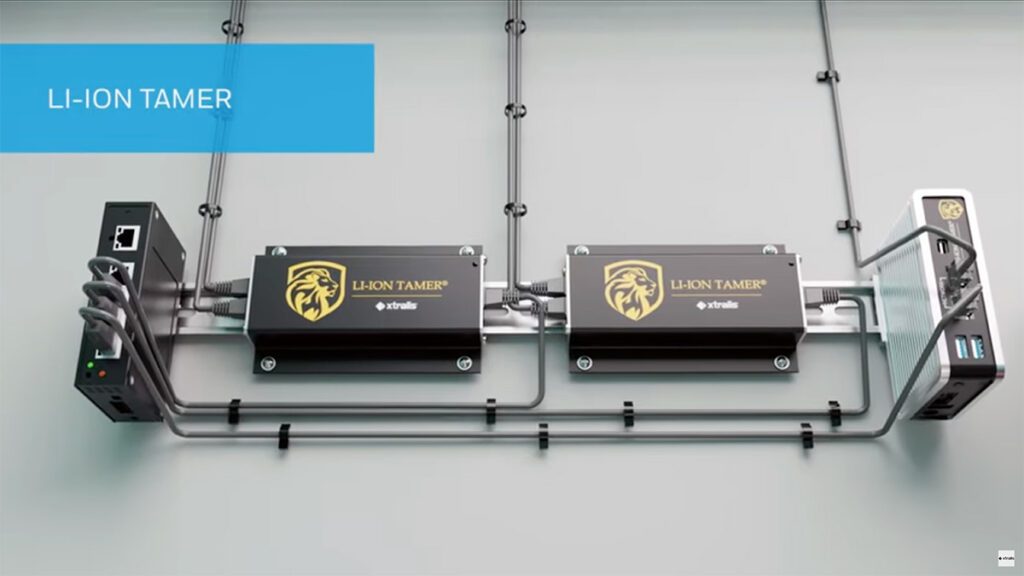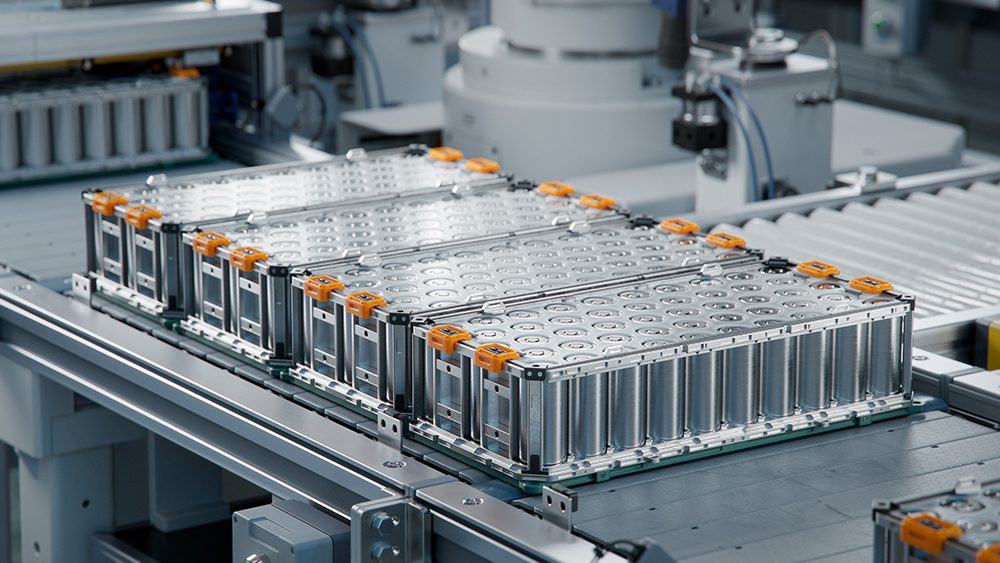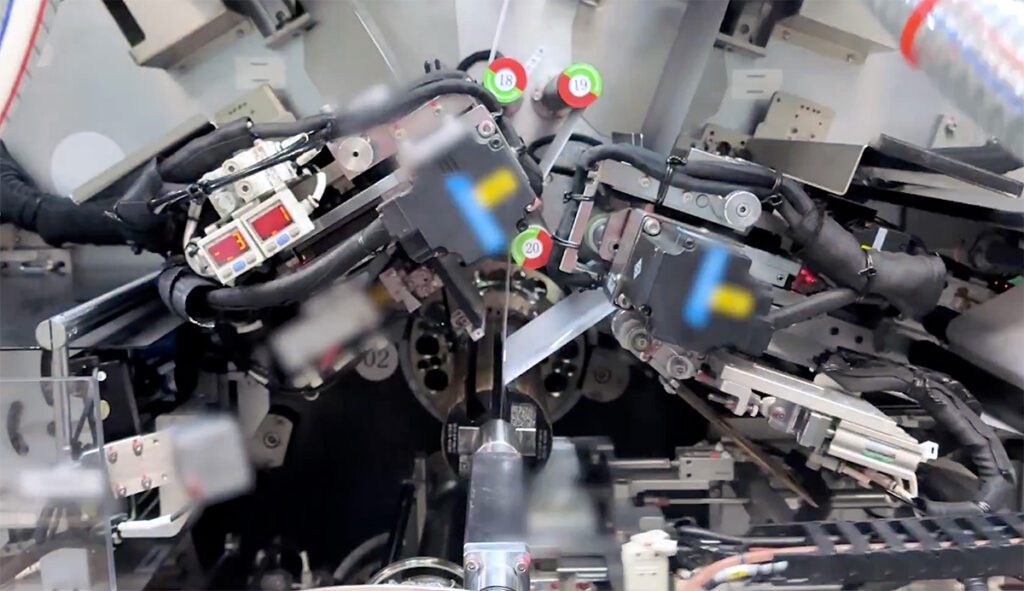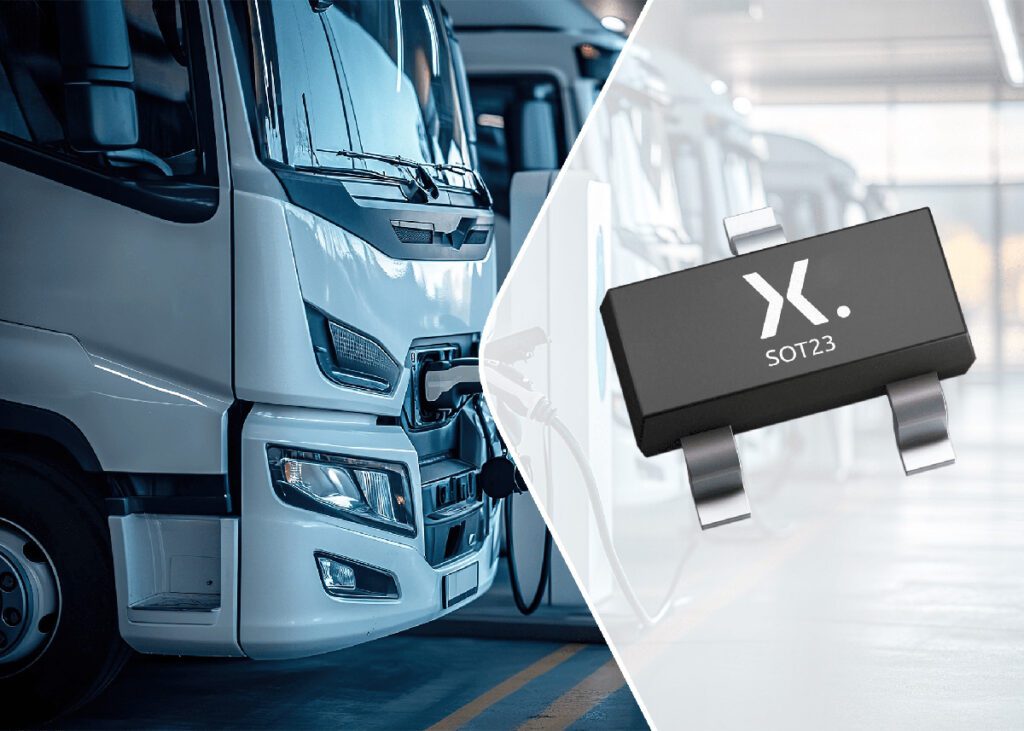Nissan is aiming to bring the LEAF to India and is considering a collaboration with local manufacturers to provide charging infrastructure.
“We are actively looking at the Leaf for India….I think there is a lot of potential for that car here,” said Nissan Chief Planning Officer Andy Palmer. “There is no doubt electric cars are the future. The product is there, what we need is infrastructure. Charging is a big challenge. We are open to collaboration with local manufacturers on that. That is the fastest and easiest way of setting up charging stations.”
As reported by the Hindustan Times, Nissan uses a franchise model for charging in Europe, and in India, it wants to emulate the model it uses in Japan, where the company collaborates with domestic car makers Toyota, Honda and Mitsubishi.
That would probably mean a partnership with Mahindra Reva, which is the only EV maker in the Indian market at the moment, with a manufacturing capacity of 40,000 units per year (several other firms, including Tata Motors and Maruti Suzuki, are working on hybrid and electric models).
Palmer wouldn’t say if the two companies had already been in contact, but Pawan Goenka, M&M’s Executive Director and President, Automotive, told the Hindustan Times, “We are open to collaboration with any company that has a vision for electric vehicles in India.”
A lack of subsidies and government support has also held back India’s EV market, but that situation is changing. Last December, the government announced subsidies for EVs beginning in April, to the tune of Rs 12,000 crore ($1.9 billion) over the next seven years. According to the Financial Express, the National Board of Electric Mobility recently approved an even more generous plan – Rs 13,600 crore between now and 2020.
“We will go to the Cabinet with the new electric mobility scheme soon. Its launch is important as the increased usage of electric vehicles will help in cumulative fuel savings up to 9,500 million with 24 tonne cumulative reduction in CO2. It will also help to create 2.5-3 lakh additional jobs by 2020,” said an unnamed official in the heavy industries ministry.
Source: Hindustan Times, Financial Express
Image: Sean Ellis (CC BY 2.0)





















































































